Optimal Seasons for Land Preparation
Land preparations are most effective when conducted during specific seasons that optimize soil conditions and crop growth potential. Timing depends on regional climate, crop type, and soil moisture levels, with the goal of ensuring optimal seed germination and plant development.
Ideal in regions with cold winters, spring preparation allows soil to warm up and dry out, promoting healthy planting conditions.
Performed after harvest, fall preparation helps improve soil structure and nutrients for the next planting season.
Used in warmer climates, summer preparation can be beneficial for certain crops requiring early planting or soil conditioning.
Timing should align with adequate soil moisture levels to facilitate tillage and other preparation activities.
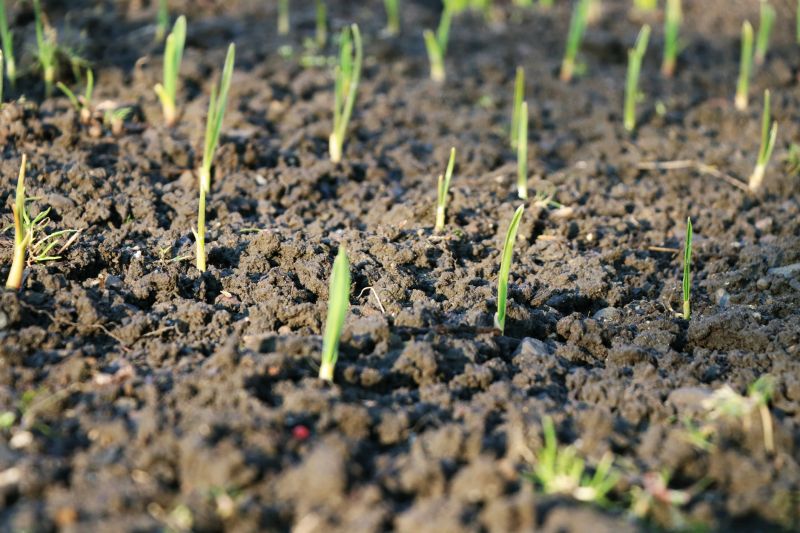
Land being prepared in early spring with tillage equipment.
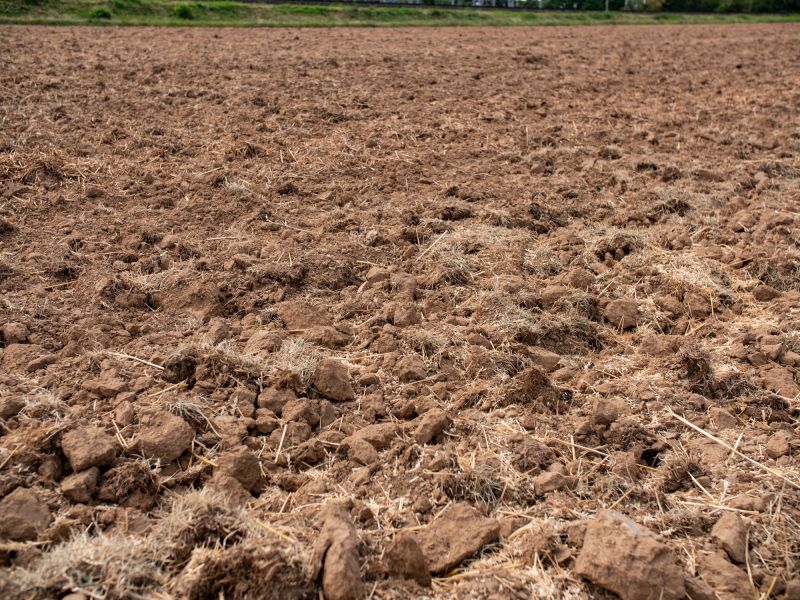
Soil being tilled after harvest to improve structure.
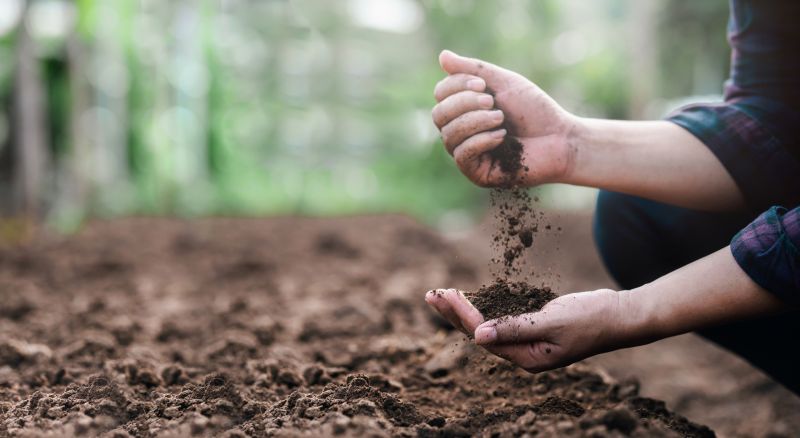
Preparation activities in warm weather for early planting.

Ways to make Land Preparations work in tight or awkward layouts.

Popular materials for Land Preparations and why they hold up over time.

Simple add-ons that improve Land Preparations without blowing the budget.
| Season | Optimal Conditions |
|---|---|
| Spring | Soil is moist and warming, ideal for tillage and planting. |
| Fall | Post-harvest period with cooler temperatures and soil recovery. |
| Summer | Warm temperatures suitable for specific crops and soil conditioning. |
| Winter | Generally unsuitable due to frozen soil, except in mild climates. |
| Pre-planting | Soil moisture and temperature are critical for seed germination. |
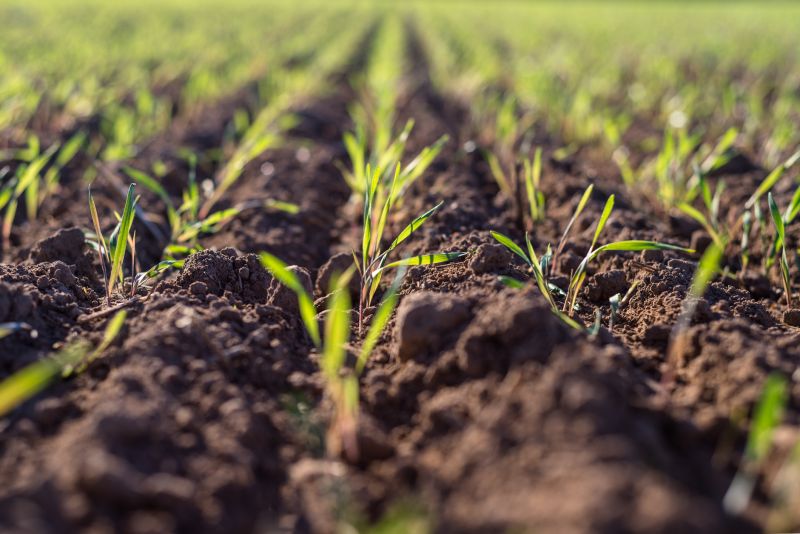
Soil prepared for planting during early spring.
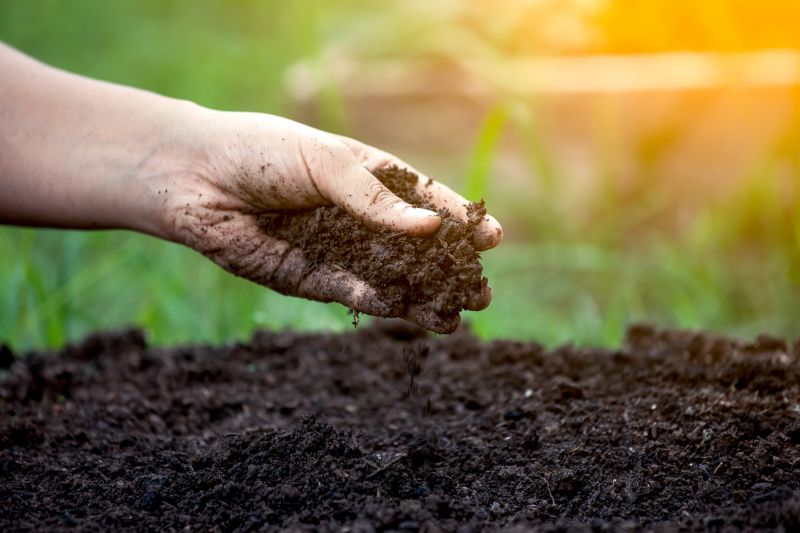
Soil being prepared after crop removal.
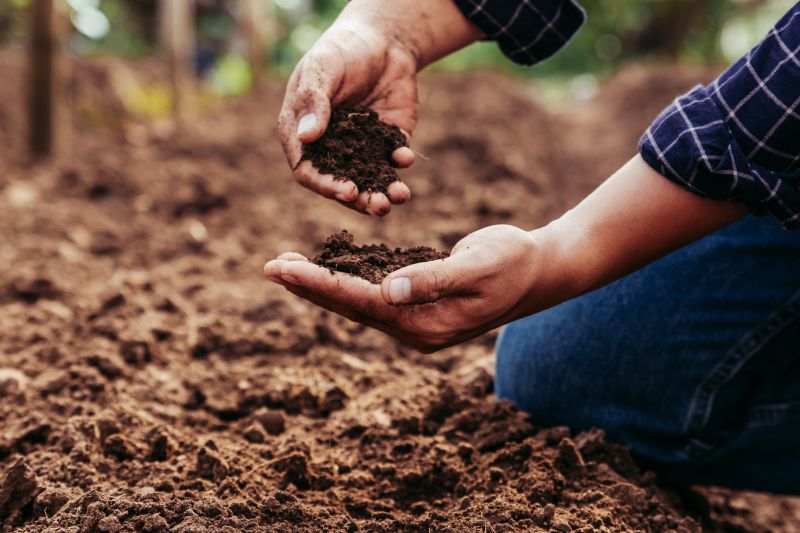
Activities to improve soil health in summer.
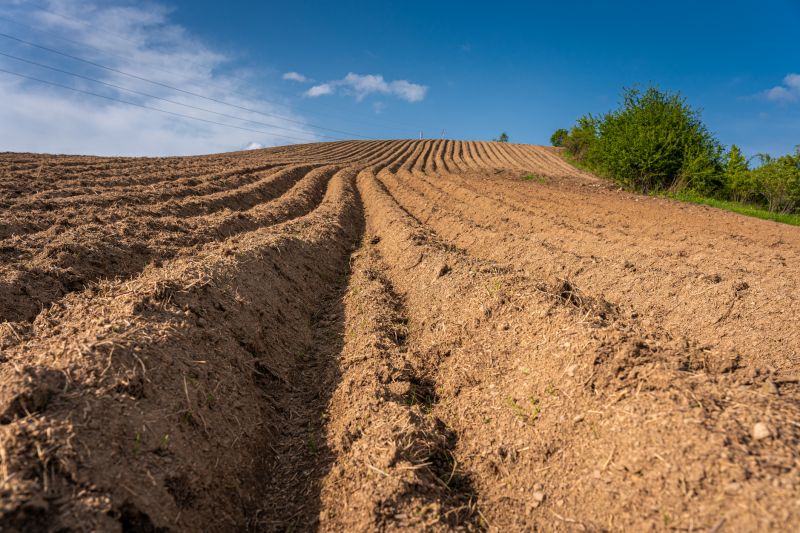
Limited preparation in cold seasons, except in mild areas.

High-end options that actually feel worth it for Land Preparations.
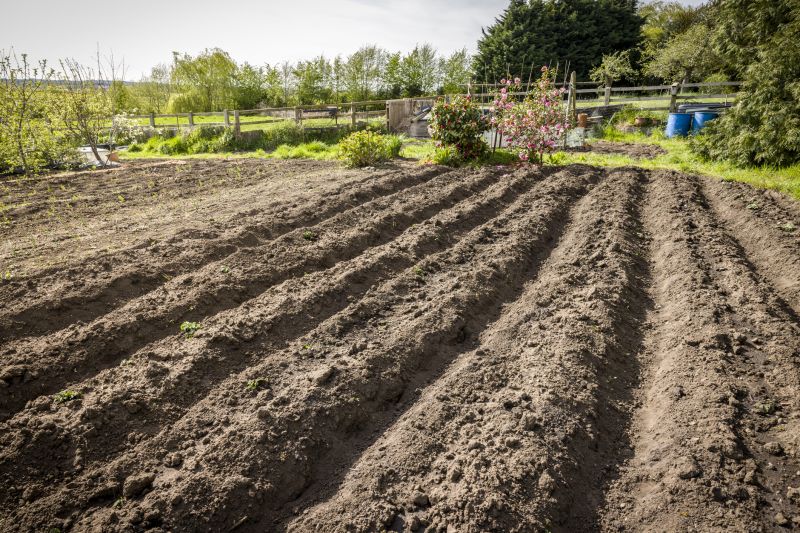
Finishes and colors that play nicely with Land Preparations.

Little measurements that prevent headaches on Land Preparations day.

A 60-second routine that keeps Land Preparations looking new.
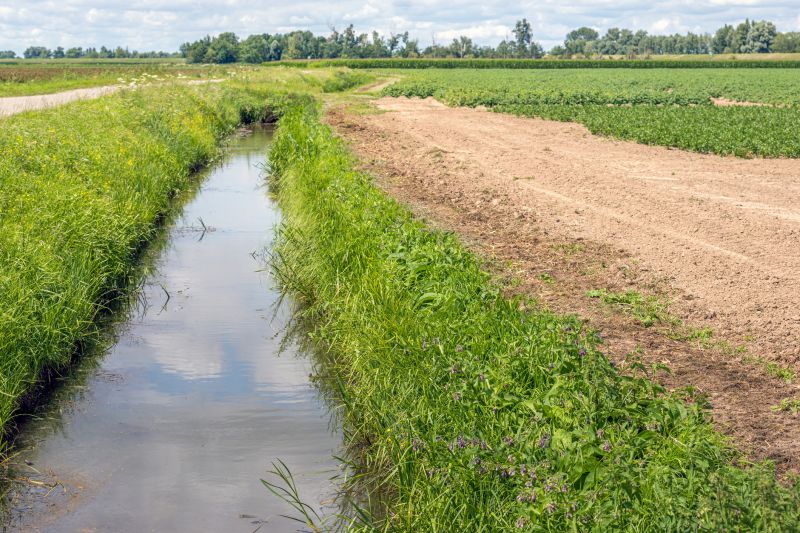
A frequent mistake in Land Preparations and how to dodge it.

Small tweaks to make Land Preparations safer and easier to use.
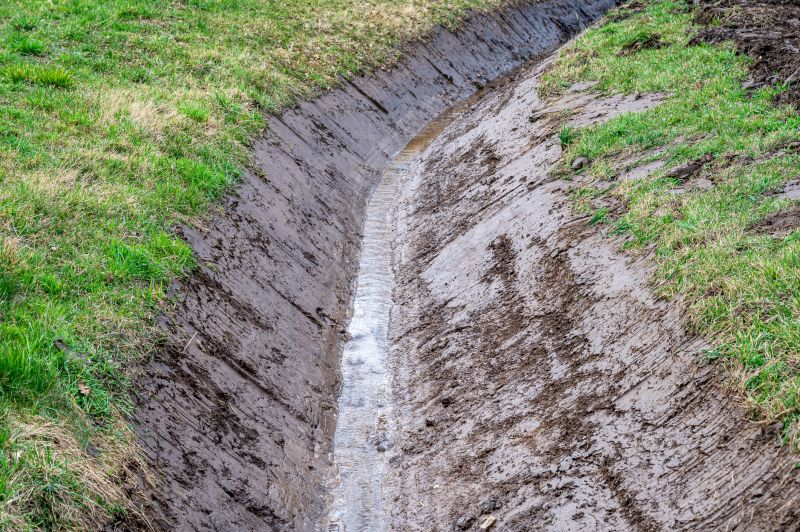
Lower-waste or water-saving choices for Land Preparations.
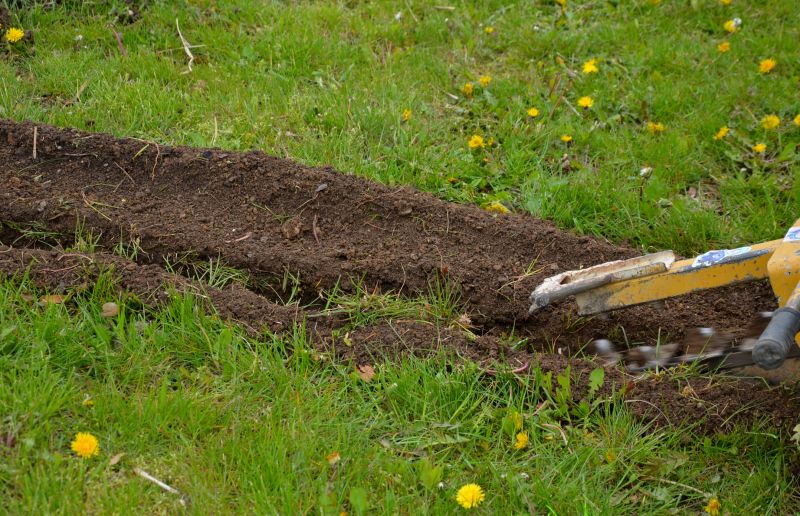
The short, realistic tool list for quality Land Preparations.
Proper timing of land preparations enhances soil fertility, reduces erosion, and promotes healthy crop growth. It involves activities such as tillage, soil amendment, and moisture management, all tailored to regional climate and crop requirements. Accurate timing can significantly impact yield and crop quality by ensuring the soil environment is optimal for planting.
Statistics indicate that land prepared during the recommended seasonal windows can increase crop yields by up to 15 percent. Additionally, well-timed preparation reduces the need for chemical inputs and minimizes soil degradation, supporting sustainable farming practices.

Preparing soil as temperatures begin to rise.

Enhancing soil structure after crop removal.
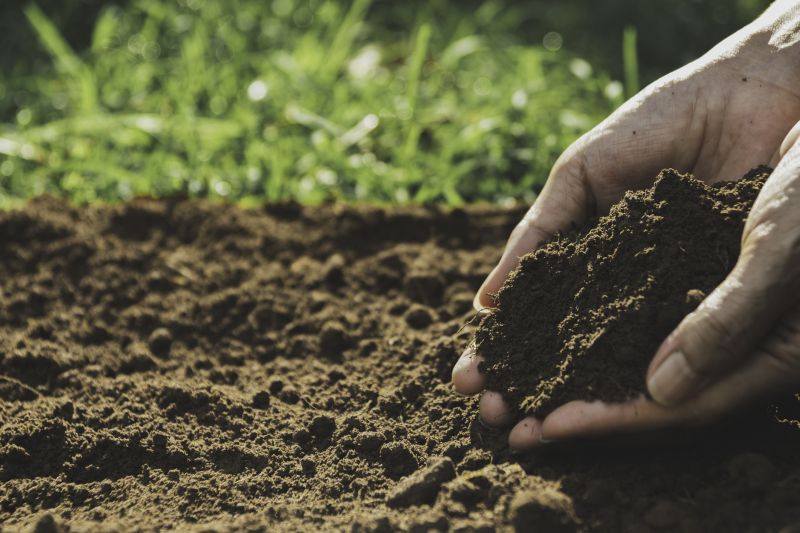
Soil conditioning during warm months.
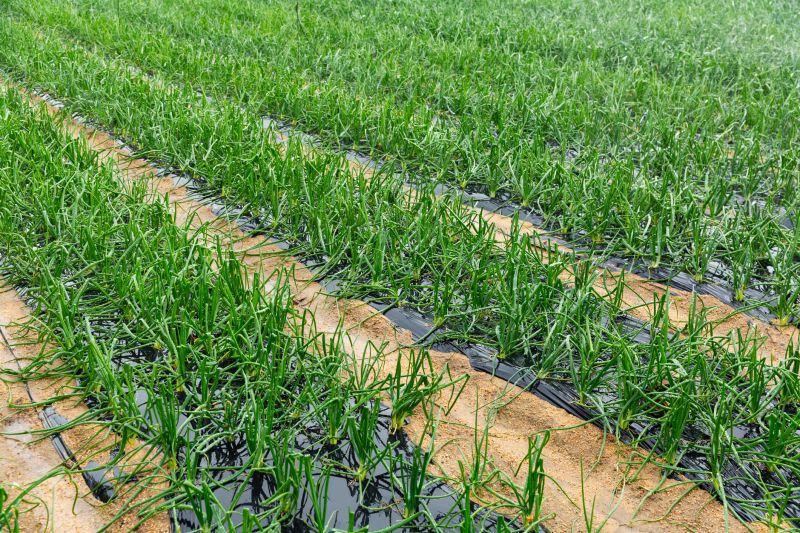
Using cover crops for soil protection in winter.
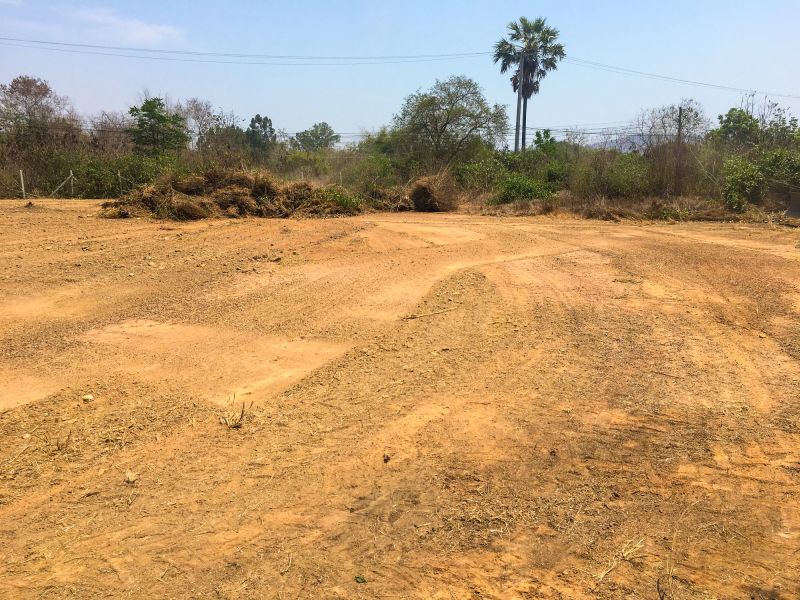
Rough timing from prep to clean-up for Land Preparations.
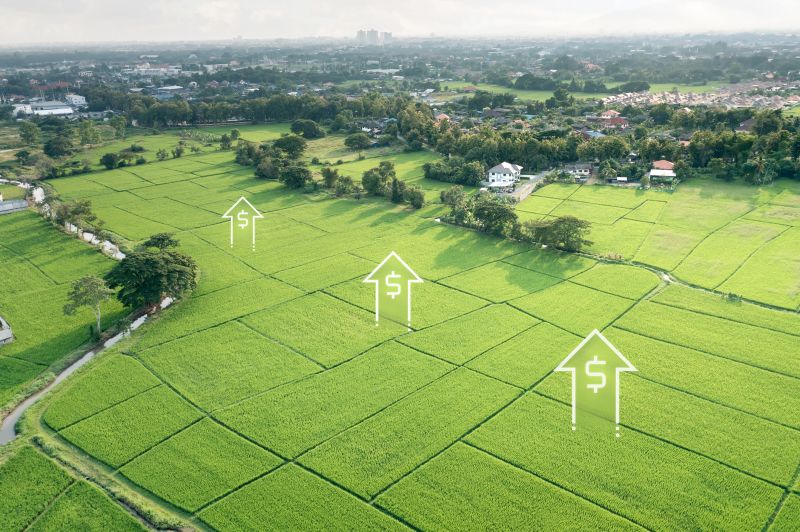
Quick checks and paperwork to keep after Land Preparations.
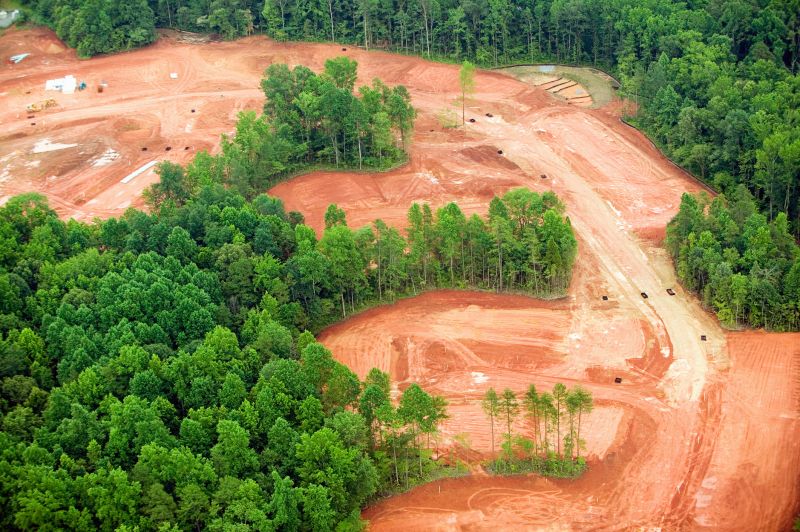
Examples that show the impact a good Land Preparations can make.

Ways to make Land Preparations work in tight or awkward layouts.

Ways to make Land Preparations work in tight or awkward layouts.

Ways to make Land Preparations work in tight or awkward layouts.
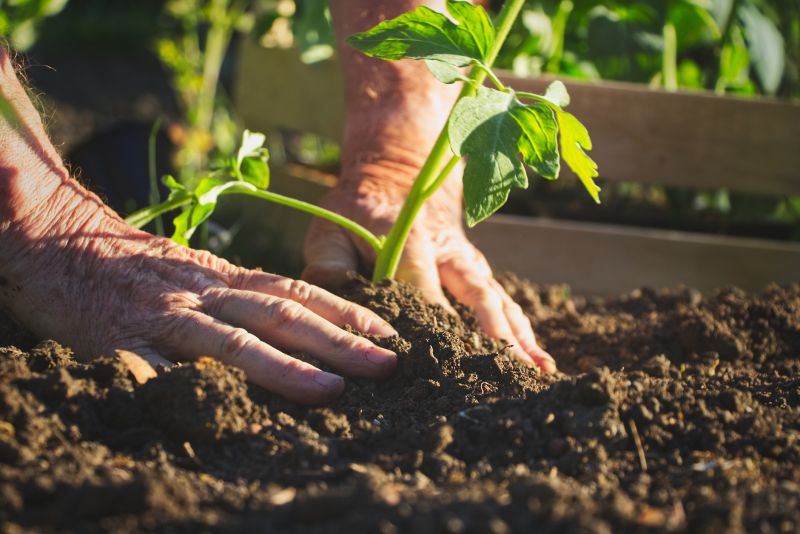
Ways to make Land Preparations work in tight or awkward layouts.

Ways to make Land Preparations work in tight or awkward layouts.
Interested in land preparations tailored to specific regional conditions? Filling out the contact form can provide guidance on optimal timing and techniques for land management projects.



